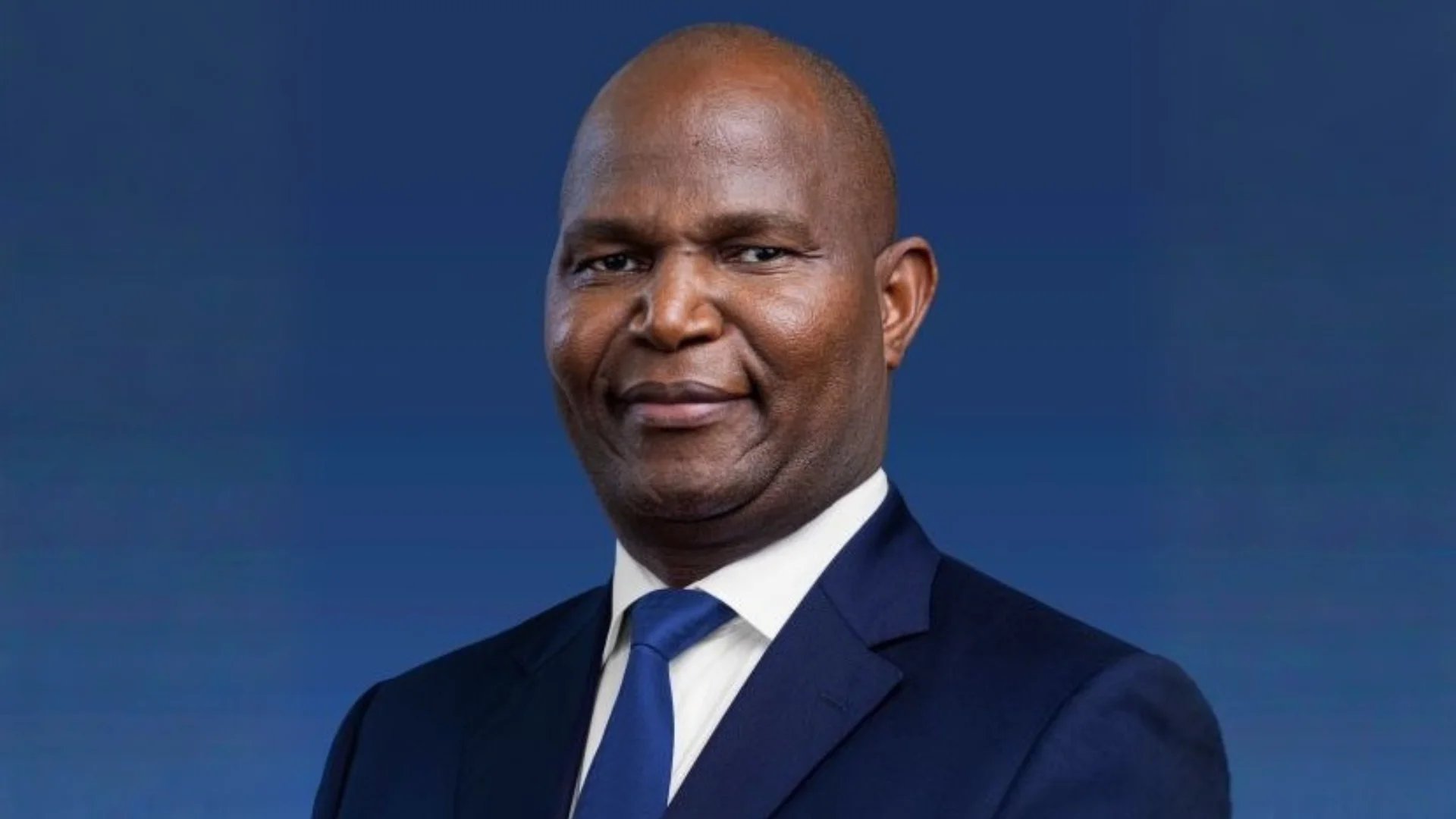The Atlantic Council Africa Energy Forum in New York City featured remarks focusing on Africa’s role in global energy and mineral security. The event highlighted the continent's significance in meeting both its own and the world’s growing energy needs.
During the forum, President Chapo was recognized for leadership in developing Mozambique’s energy sector. Ambassador Rama Yade and the Africa Center were also acknowledged for organizing the discussion.
The speaker noted that over 600 million Africans remain without electricity, despite Africa holding substantial resources to address this gap and contribute to global energy supplies. “What happens in Africa’s energy and mining sectors will shape not only Africa’s prosperity, but global security and competitiveness for decades to come,” they said.
The Trump Administration outlined three main strategies to support African countries as strategic partners:
First, efforts are being made to strengthen the investment environment through diplomatic engagement with African governments. This includes updating investment frameworks, increasing transparency, and encouraging competitive procurements to attract private investment. For example, a buyer’s club was launched in Nigeria with U.S. involvement to expand reliable power supply.
Peace and stability were identified as necessary conditions for investment. The United States continues working with the Democratic Republic of Congo (DRC) and Rwanda toward a peace agreement aimed at enabling sustained U.S. investment in the Great Lakes region. Collaboration is also planned with President Chapo’s government to address security challenges posed by ISIS in Cabo Delgado while unlocking opportunities in liquefied natural gas (LNG) and critical minerals.
Second, mobilizing capital for commercially viable projects is a priority. By partnering with organizations such as DFC, EXIM, and USTDA, the United States seeks to reduce risks for investors and bring American companies into strategically important projects like a Bilateral Minerals Deal under negotiation with the DRC.
Third, advancing regional infrastructure projects is emphasized as transformative for trade and development. The Lobito Corridor project aims to create an export route for critical minerals from Angola, Zambia, and the DRC—intended both to secure supply chains for the United States and promote economic growth across these regions.
Since 2017, more than 17 agreements totaling $9.2 billion have been signed in Africa's energy and mineral sectors under this strategy. One example cited was Hydro-Link—a U.S.-based company—that signed a $1.5 billion deal with Angola to build a transmission line connecting hydropower sources to mines in the DRC. This project is expected to provide reliable electricity needed for cobalt and copper production vital to power grids worldwide.
“Africa is not on the margins of the global energy and mineral conversation—it is at the center of it,” said the speaker during closing remarks.
They added: “Africa’s natural gas will power industries and households at home and abroad. Africa’s minerals will supply the factories that underpin global security. And Africa’s corridors, pipelines and power plants will be essential to the resilience of international supply chains.”
The United States expressed readiness to collaborate further with African governments and companies so that these resources benefit both local development goals as well as international markets: “Because when Africa succeeds in energy and mineral security, the United States and the world are more secure.”

